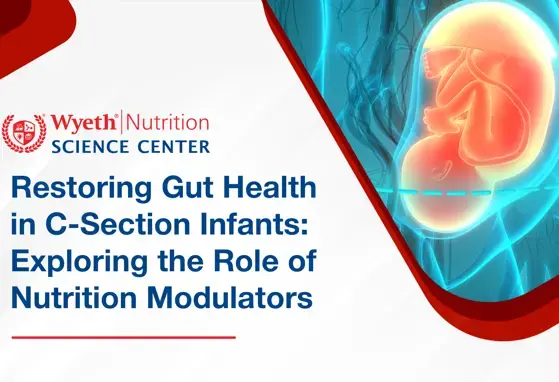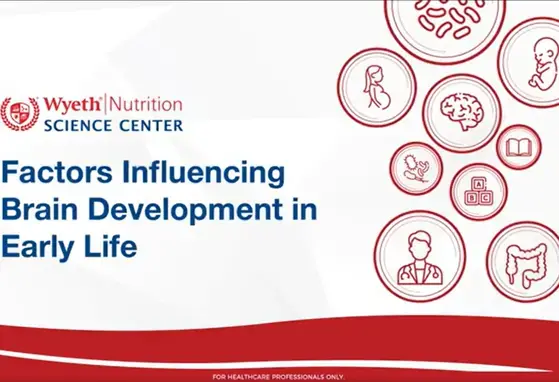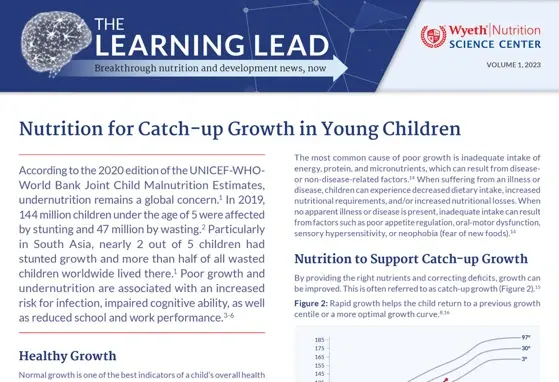[Literature library] Correlation between variations in HMO composition and intestinal epithelial barrier

A recently published in vitro study demonstrated that various HMO compositions trigger both common and different intestinal epithelial cell responses. 4 HMO blends were extracted from mature human milk of 4 randomly selected individual mothers in Canada. In this study, barrier-protective effects were considered as one of the ‘core’ functions of HMOs, while immune regulation was considered as an ‘additive’ function of HMOs.
Epithelial injury model
- Individual HMO blends were used to pretreat human intestinal epithelial (Caco-2Bbe1) cells before being challenged with enterohemorrhagic Escherichia coli (EHEC), serotype O157:H7 strain CL-56
Results
- All 4 donors were secretors with variations in HMO composition
- Each of the HMO blends substantially increased Caco-2Bbe1 Transepithelial Electrical Resistance (TER) compared to baseline levels in both the absence and presence of EHEC O157:H7, with variations among individual HMO blends
- Regardless of composition, individual HMO blends had barrier-protective capabilities
- Their capacity to protect against bacterial pathogen-induced alteration in the localization of intercellular tight junction protein varied
- Dextran flux test showed that EHEC-induced increases in macromolecule permeability were decreased in polarized epithelia pretreated with HMOs
- Each of the four HMO blends showed an increase in mRNA expression of Muc1 and Muc2 in the presence of EHEC challenge*
- There was variation in how protein expression of ZO-1 and claudin-1 were preserved in response to intestinal injury following EHEC challenge
- ERK1/2 phosphorylation was inhibited in cells pre-treated with each of the HMO blends, while the phosphorylation of P38 was inhibited by 3 out of the 4 HMO blends
- The effects varied among selected signal transduction responses in tested cells
- The effects varied among selected signal transduction responses in tested cells
Conclusion
- The study demonstrated that HMOs from human milk help protect against pathogen-induced alterations in intestinal epithelial barrier integrity and macromolecular permeability
*Compared to EHEC O157:H7 challenge without HMOs
Link to the full article:
https://www.ncbi.nlm.nih.gov/pmc/articles/PMC8912797/pdf/nutrients-14-01014.pdf
Reference:
Wu RY et al. Variations in the composition of human milk oligosaccharides correlates with effects on both the intestinal epithelial barrier and host inflammation: A pilot study. Nutrients. 2022;14(5):1014.
Other articles that you might be interested in:
[Infographic] Role of HMOs on Infant Immune Health and Association with Cognition
WYE-EM-036-MAR-22
If you liked this post you may also like

Restoring Gut Health in C-Section Infants: Exploring the Role of Nutrition Modulators

Factors influencing brain development in early life

